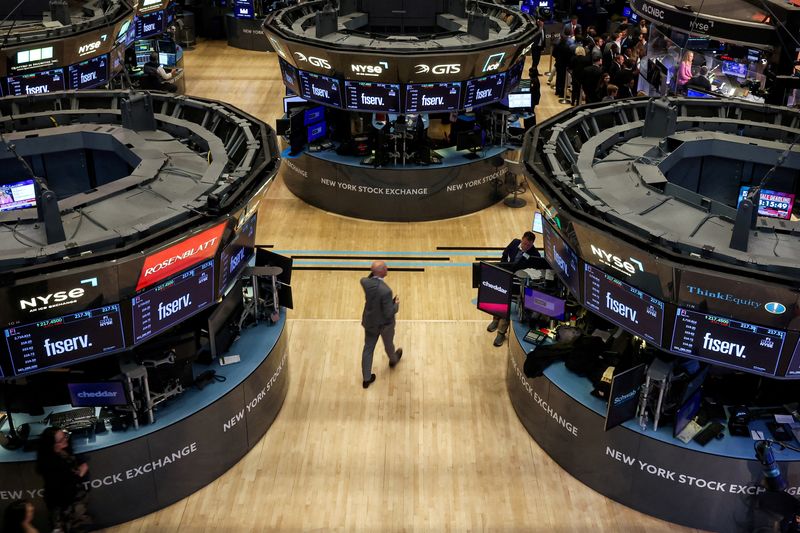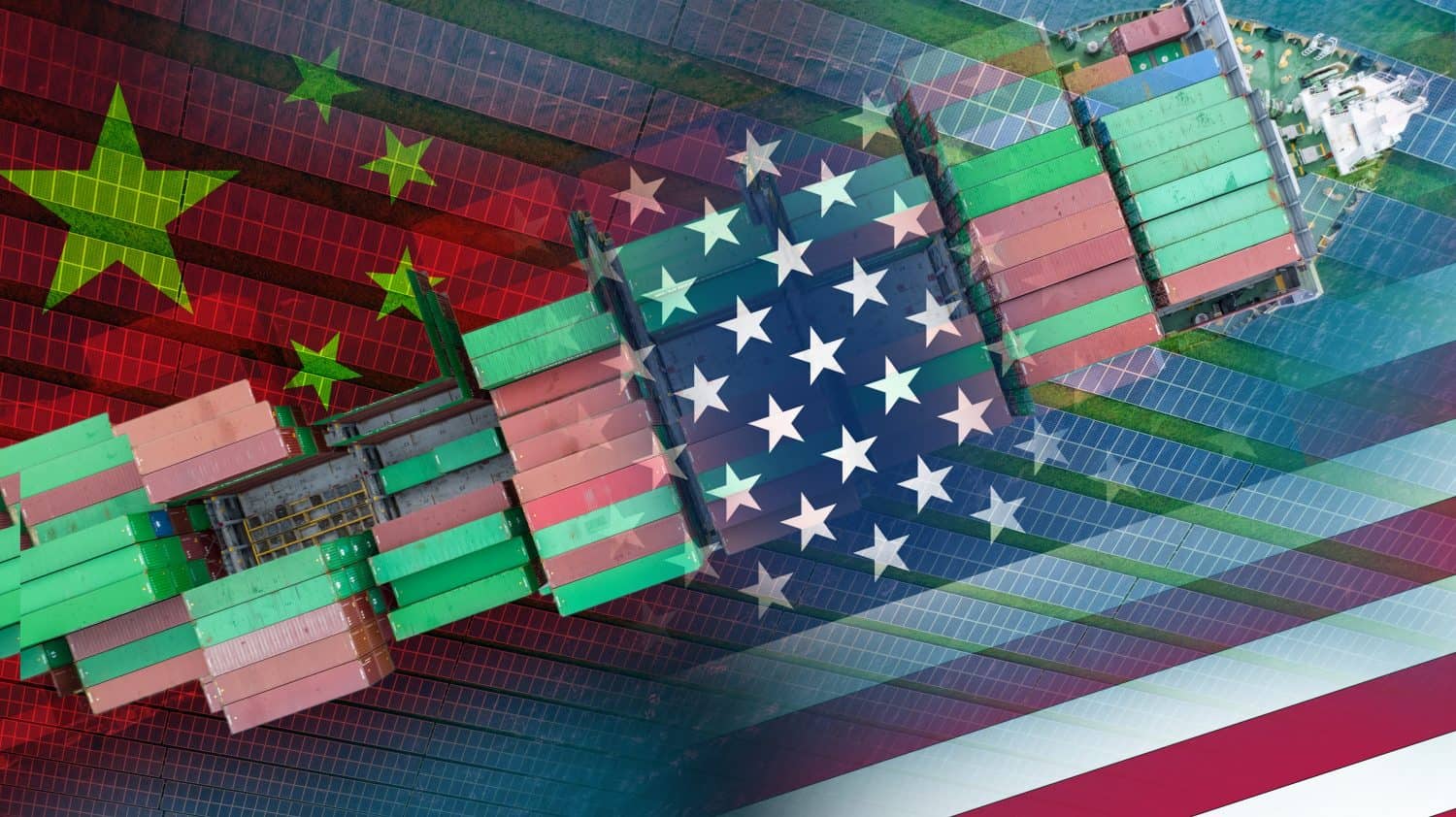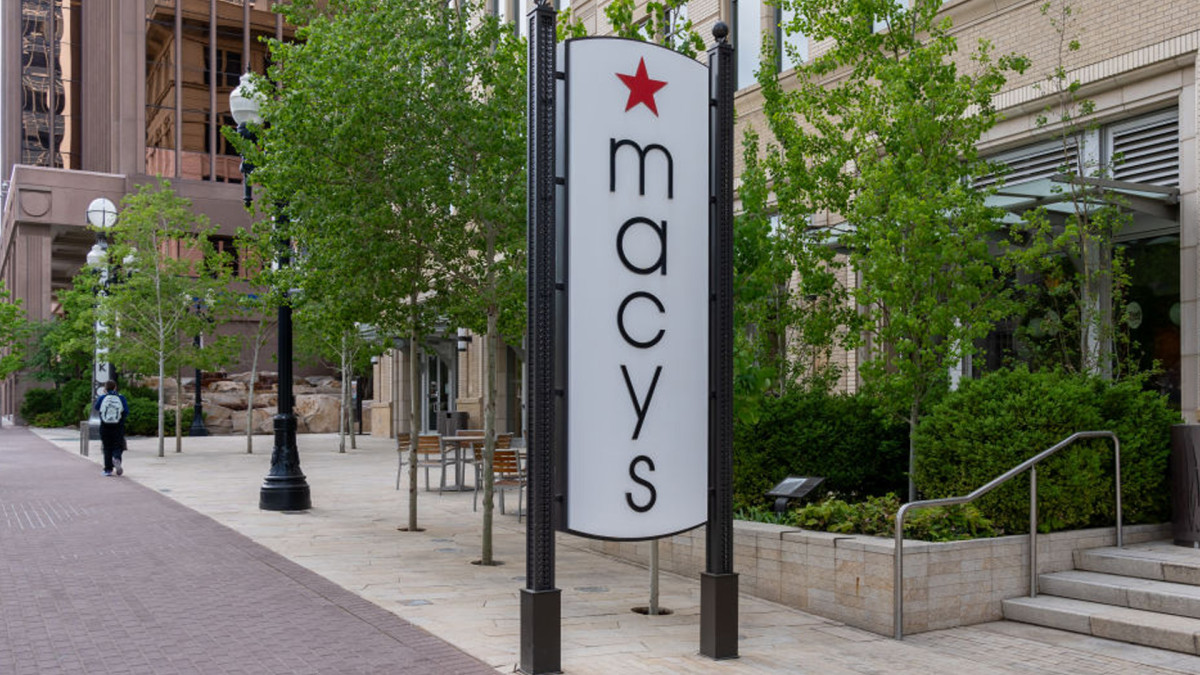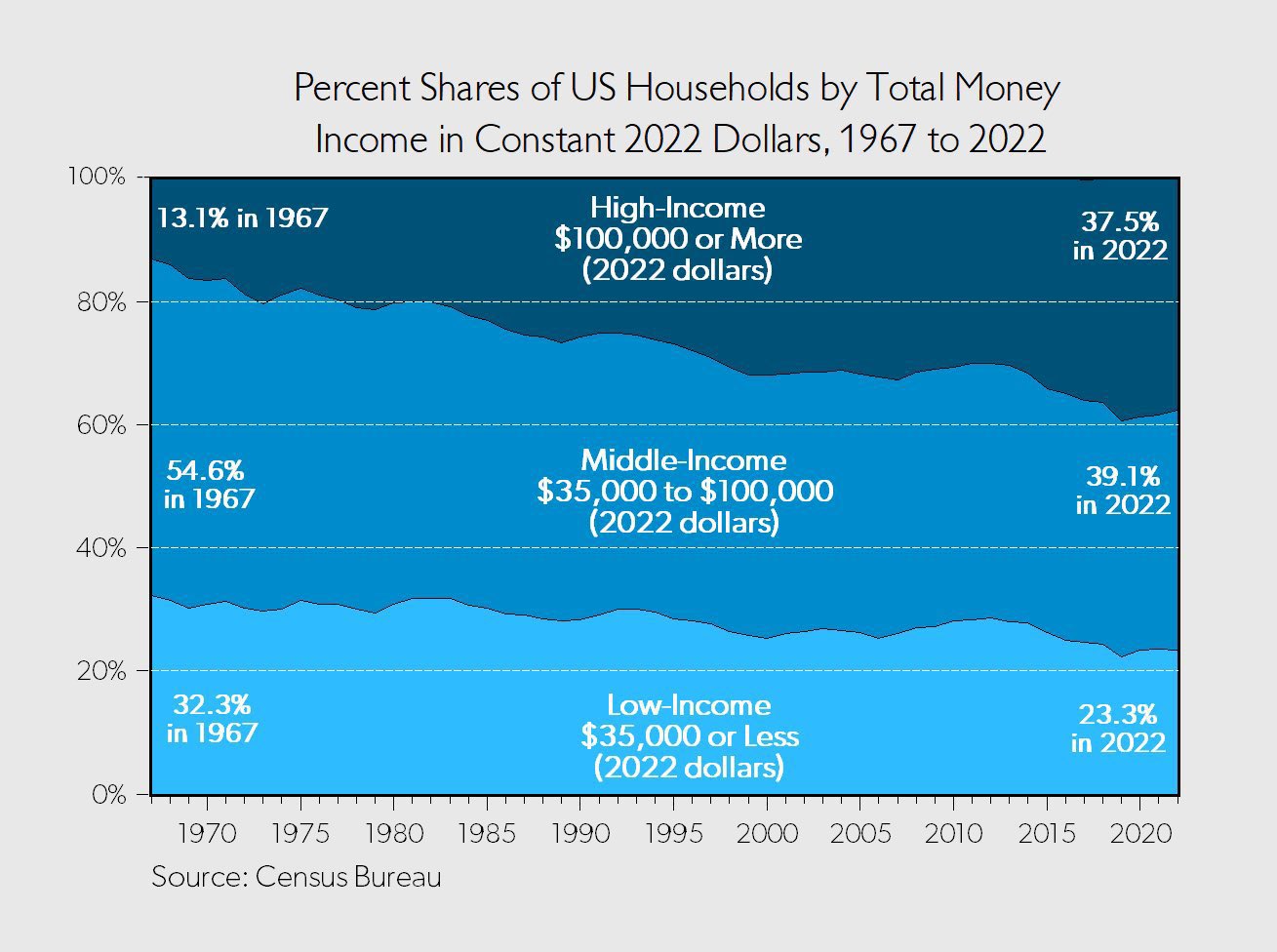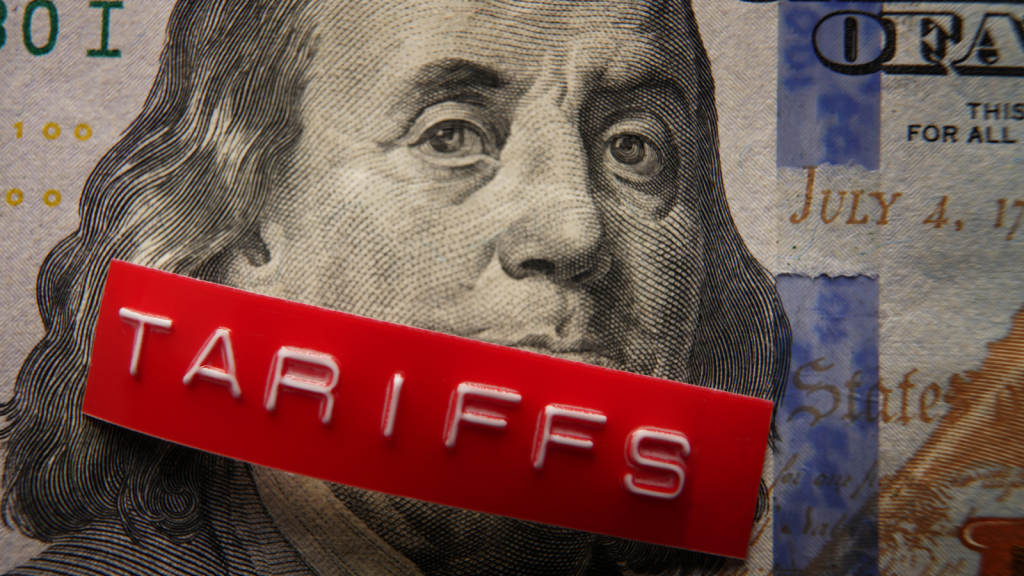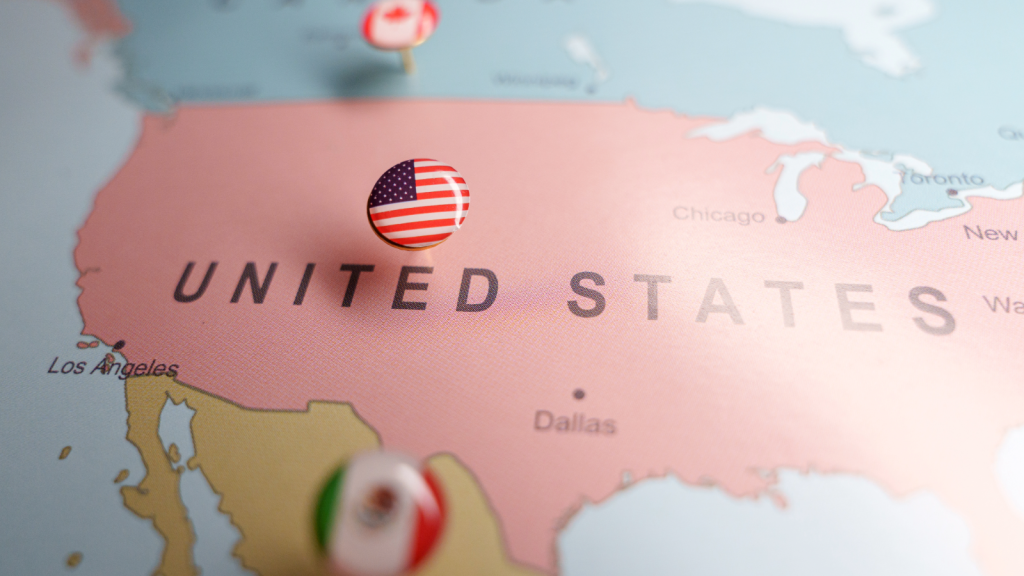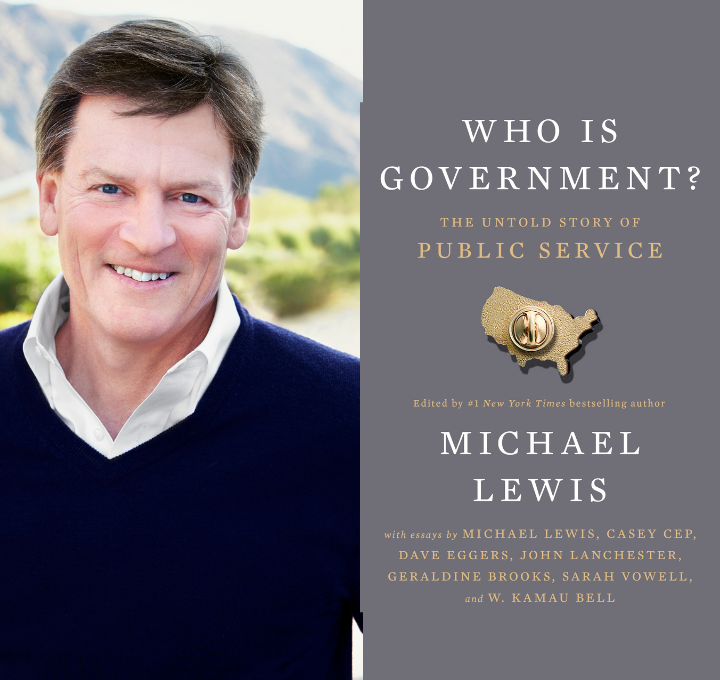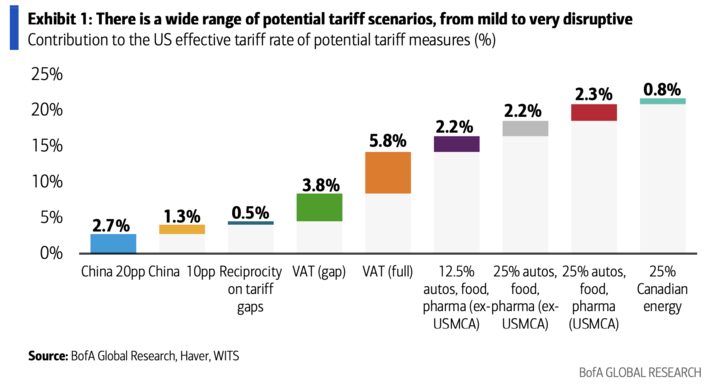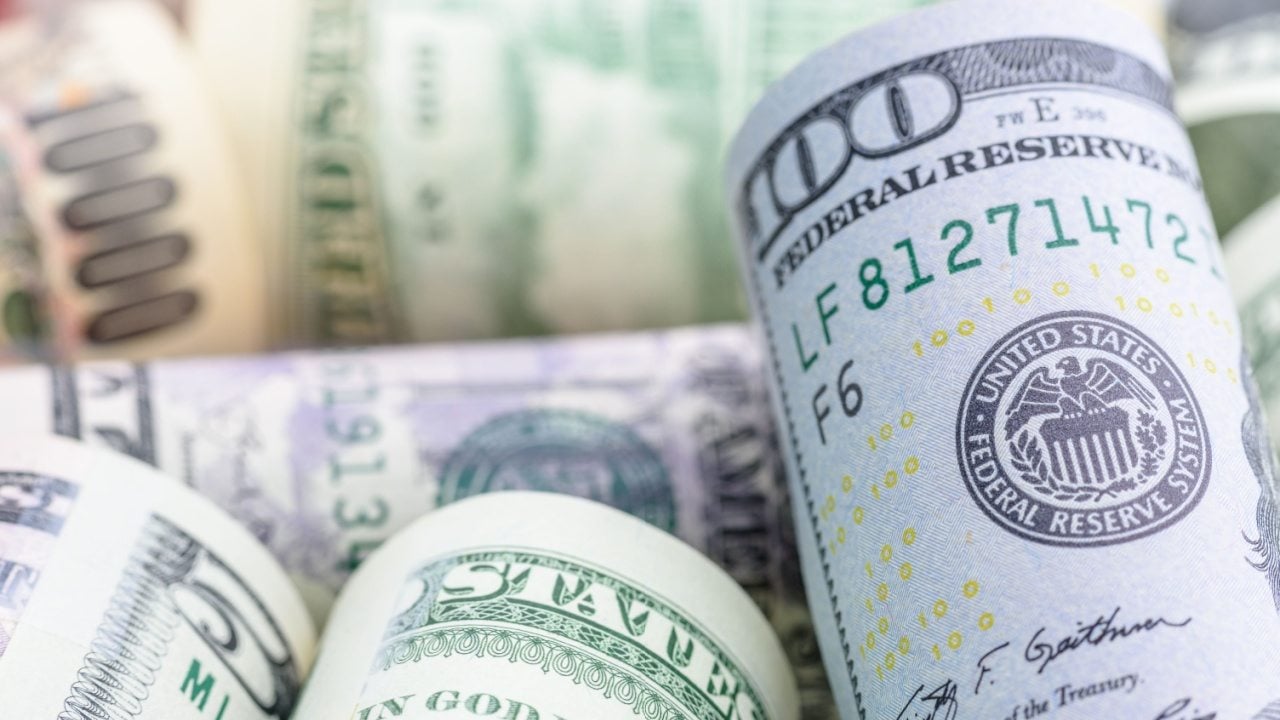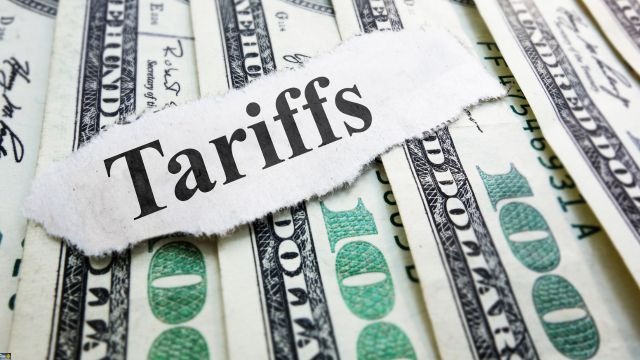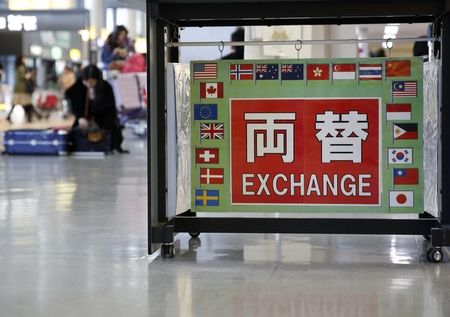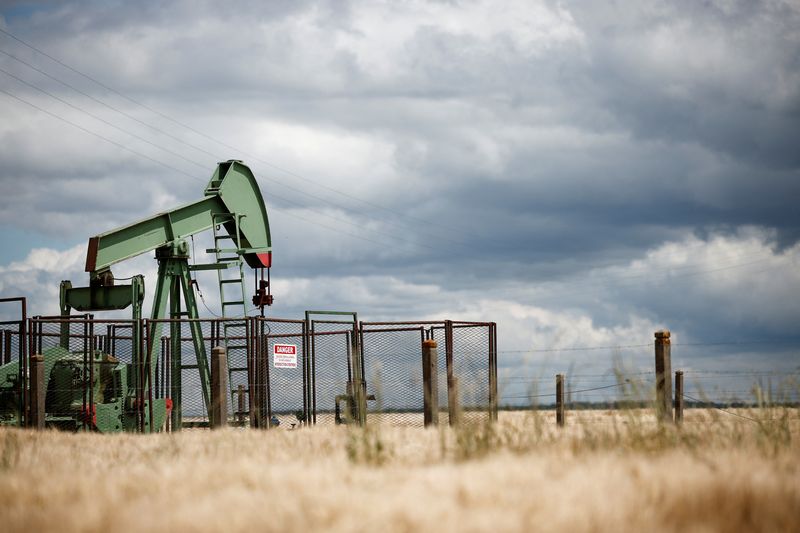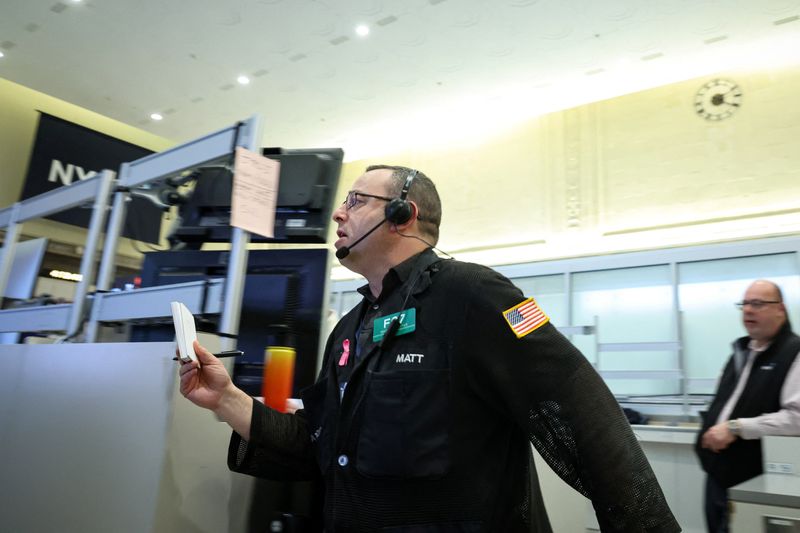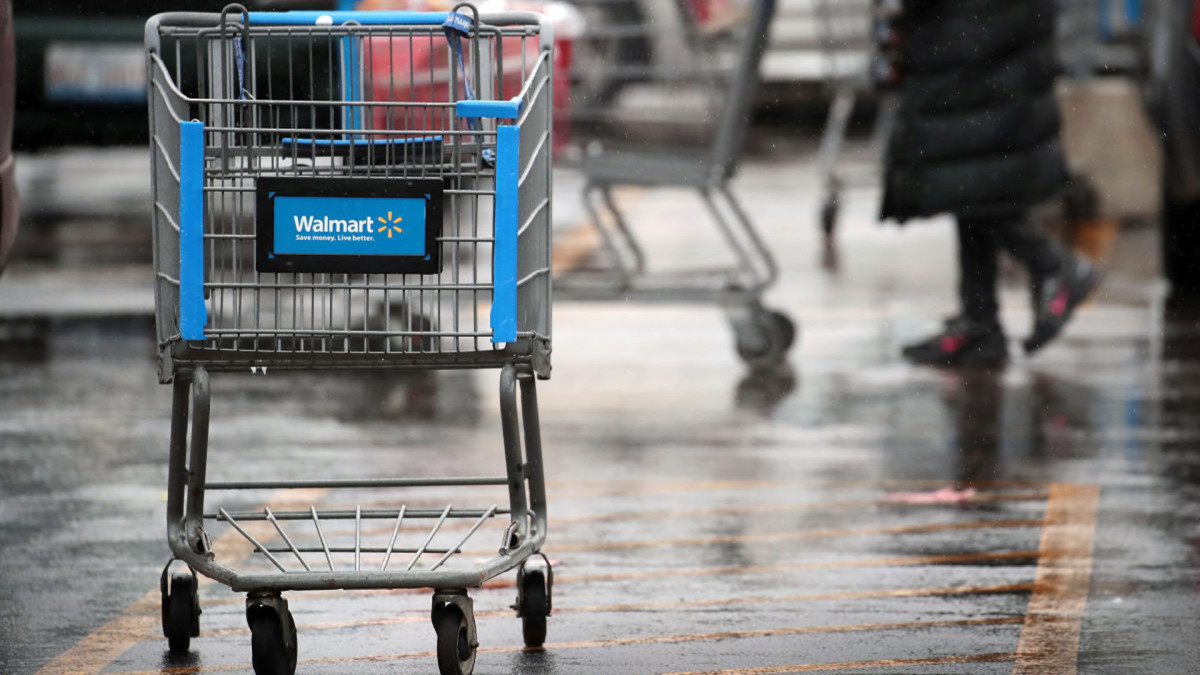Walmart, Kohl's raise alarm bells about a growing threat
The popular retailers are forecasting an unsettling future.
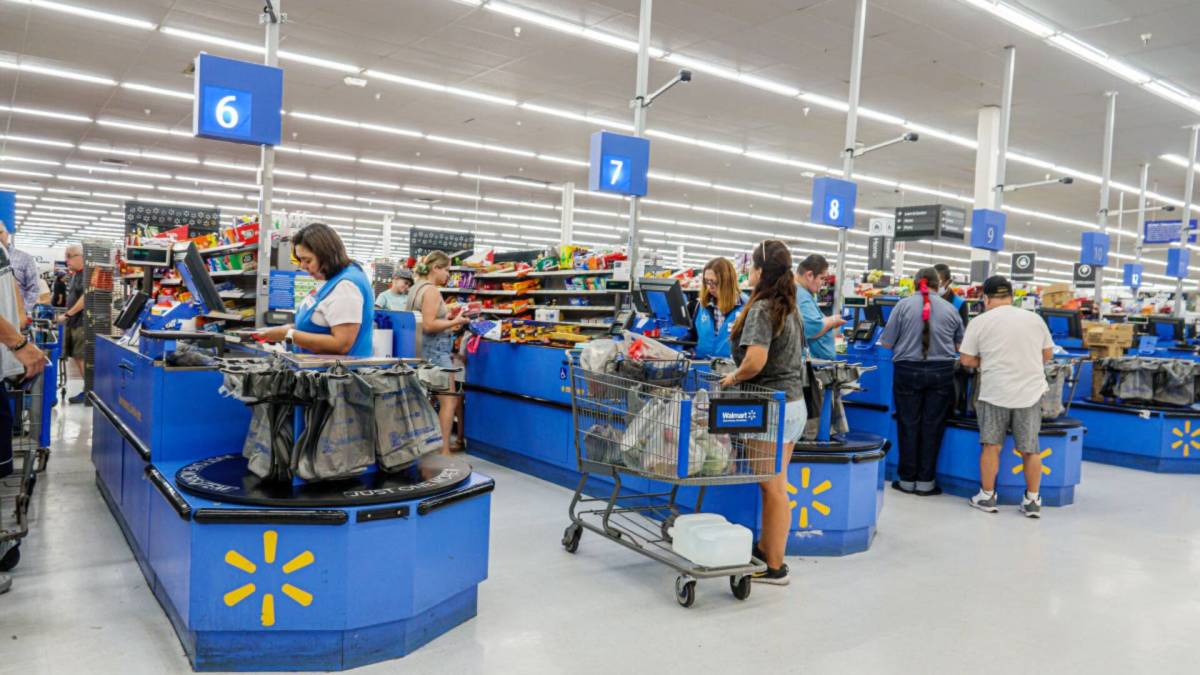
The world of retail is a rapidly changing, increasingly tumultuous thing.
Five years ago, if you asked some of America's largest retailers what the biggest threat to them was, most would probably tell you it was forced lockdowns and covid.
Related: Iconic ice cream chain unexpectedly closing locations
To be fair, this was probably the correct answer in 2020.
Along with all the other fears and inconveniences covid brought, the pandemic wreaked havoc on most retail businesses, big and small.
'Two weeks to stop the spread' quickly turned into months. Forced lockdowns and social distancing remained commonplace well into 2021, and brick and mortar businesses took a long time to recover.
Some never recovered. Smaller operations, which relied heavily on foot traffic and in-person sales, quickly saw profits dwindle as fewer folks stopped in to patronize their shops.
Ultimately, many closed up shop before the country was fully reopened. And larger corporations took over in their stead. Walmart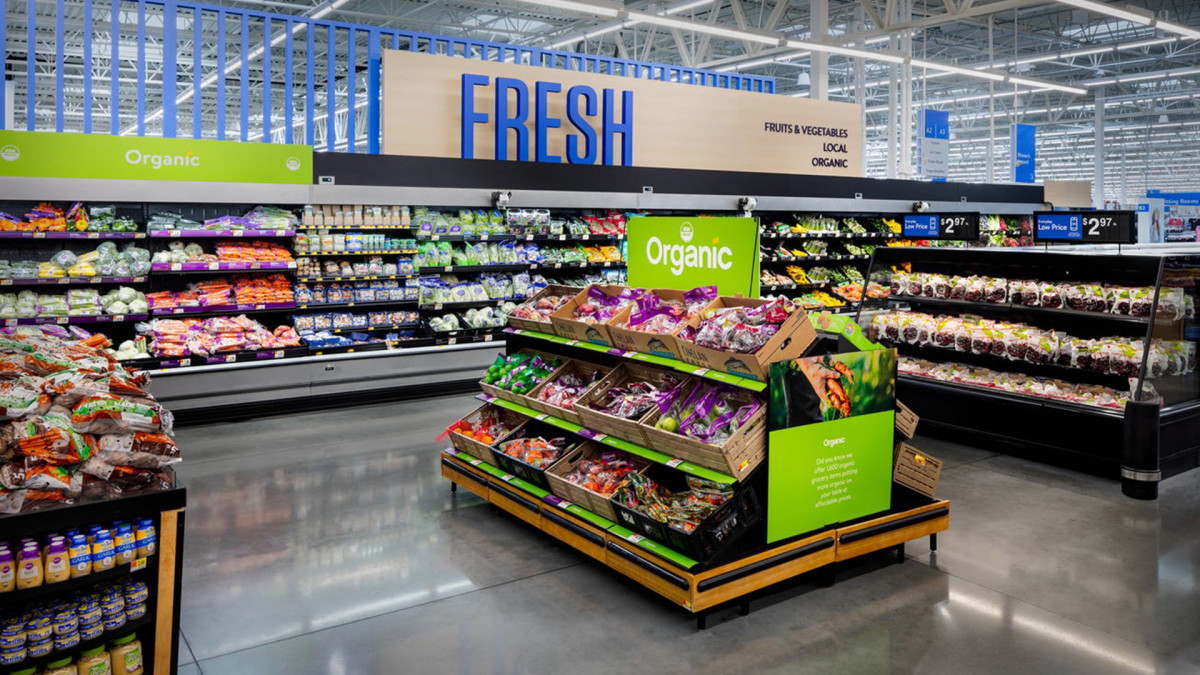
Retailers face a new challenge
Five years on, however, the retailers that remain are facing a completely different drama.
Now, if you asked them the biggest challenge they're facing, most would tell you it's the dreaded tariffs the Trump administration is keen on implementing.
Tariffs, or the taxes companies pay on imported goods, are often used to protect domestic (stateside) businesses and products, since outside goods become more expensive.
President Trump has proposed the following tariffs on imports to the U.S.:
- China: 34%
- Vietnam: 46%
- Taiwan: 32%
- India: 26%
- South Korea: 25%
- Japan: 24%
- EU: 20%
It may make sense in theory, and it's a big part of Trump's agenda to strengthen the American economy. But some businesses -- particularly retailers -- stand to lose out, given their reliance on imported Asian goods.
Top retailers threatened on tariffs
Take two large American retailers like Walmart (WMT) and Kohl's (KSS) .
Both rely heavily on imported merchandise from countries like China and Vietnam.
And both do a large portion of their business in-person via brick and mortar operations, which means they have to keep their shelves stocked to keep customers happy.
They also need to keep their prices low to keep customers happy. Something that stands in direct opposition to high tariffs.
That's where it gets tricky. While Walmart may be large enough and have the competitive brand power to potentially pass off some of these costs to its Asian suppliers, the tariff war may be the final nail in the coffin for Kohl's.
More Retail:
- Walmart CEO sounds alarm on a big problem for customers
- Target makes a change that might scare Walmart, Costco
- Top investor takes firm stance on troubled retail brand
- Walmart and Costco making major change affecting all customers
Kohl's has been on a store closing spree in recent months. It's closed dozens of stores in 2025 alone and is rolling back its partnership with Amazon to distance itself from online competitors.
Many of its shoppers are seeking deals on conventional household items, like kitchenware, bedding, and clothes. If the price of these things suddenly goes sky high, however, Kohl's will either have to find all new (ostensibly domestic) suppliers, or see sales fall.
And unlike some of its other brick and mortar competitors, like Ross and Marshalls, Kohl's can't pivot and buy overstock or excess inventory.
Related: Another fast fashion retailer suddenly closing after bankruptcy
Both of these scenarios means taking on undue financial liability for Kohl's -- which is already at risk of a free fall.
In March, Kohl's reduced its 2025 sales guidance, warning investors and analysts it that rising costs could negatively impact revenue. It lowered its outlook, expecting sales to drop between 5-7%.






































